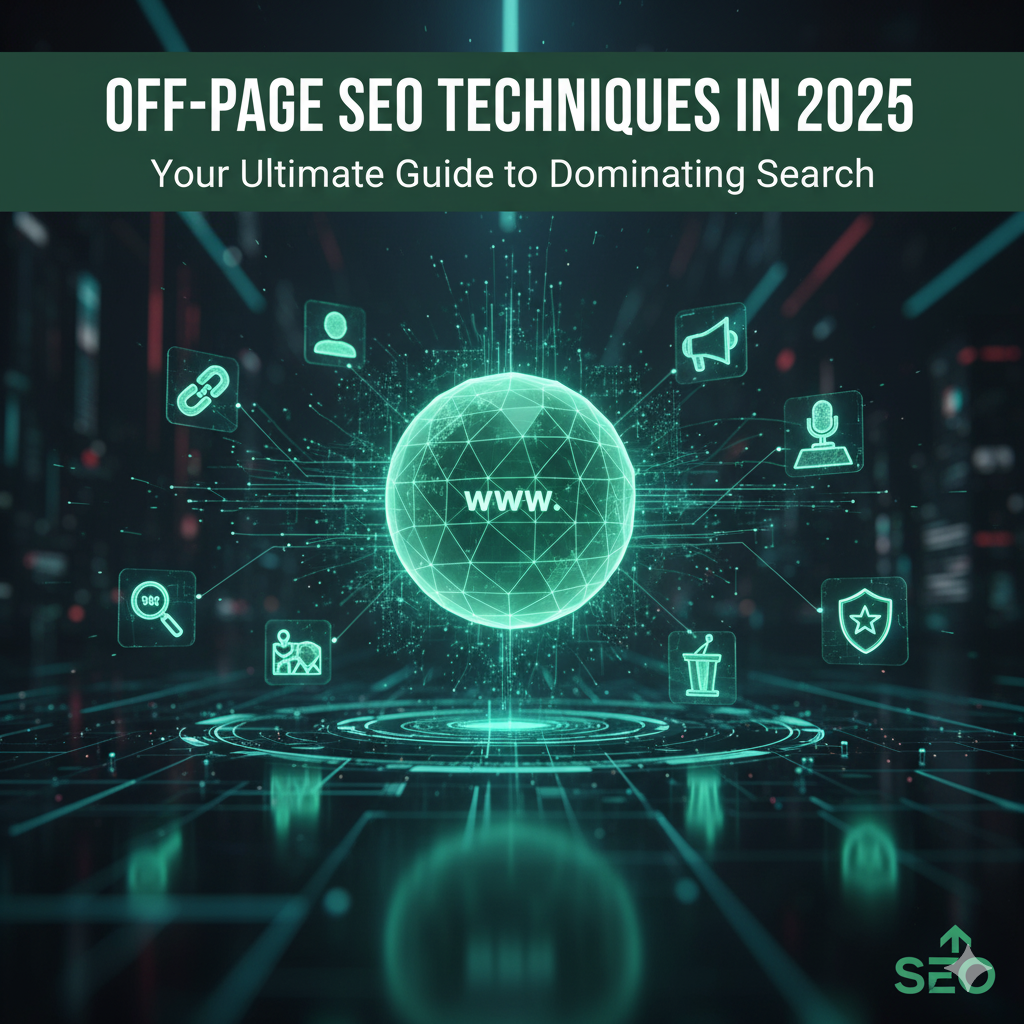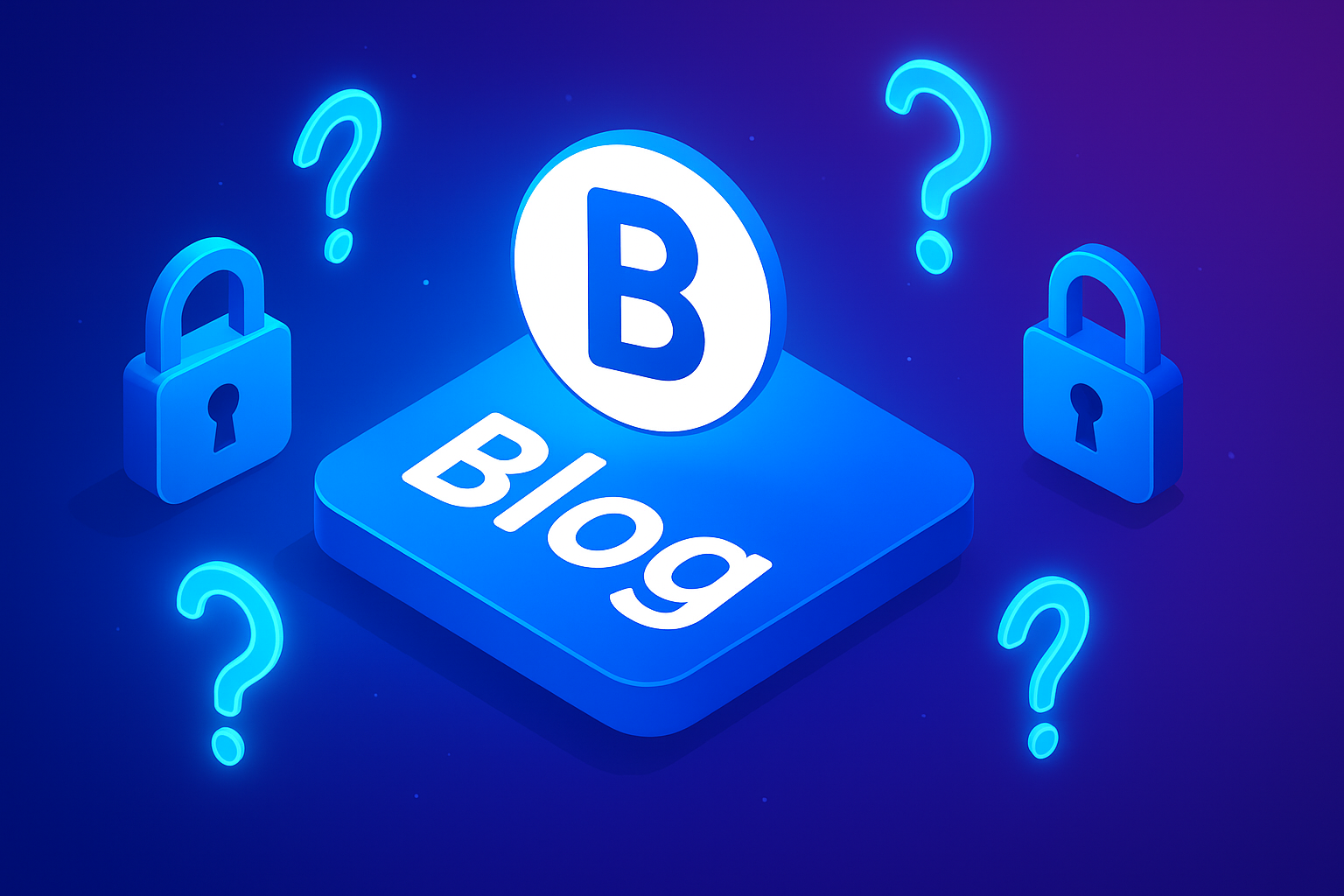In the ever-evolving world of search engine optimization, staying ahead means constantly adapting. While on-page SEO focuses on optimizing your website’s content and structure, off-page SEO is all about building your website’s authority and relevance from external sources. As we look towards 2025, the core principles remain, but the execution and emphasis shift.
This comprehensive guide will walk you through the most crucial off-page SEO techniques you need to master to dominate search rankings in the coming year and beyond.
Understanding Off-Page SEO: More Than Just Backlinks
Many people mistakenly equate off-page SEO solely with link building. While backlinks are undeniably a foundational element, off-page SEO encompasses a broader spectrum of activities that signal to search engines that your website is trustworthy, authoritative, and valuable.
Think of it this way: on-page SEO tells search engines what your site is about; off-page SEO tells them how important and credible it is in its niche.
In 2025, search engines like Google continue to refine their algorithms to understand user intent and quality more deeply. This means that genuine authority and a strong online presence beyond your website will be more critical than ever.
1. The Evolving Landscape of Link Building
Backlinks remain the backbone of off-page SEO. However, the game has shifted from quantity to quality. In 2025, focus on earning high-quality, relevant backlinks from authoritative sites.
a. Relationship-Based Link Building
Forget spamming outreach emails. The most effective link building in 2025 will stem from genuine relationships.
- Networking: Attend industry events (online and offline), connect with other experts, and build rapport.
- Collaborations: Partner with complementary businesses or content creators for joint ventures, webinars, or co-authored content. This naturally leads to shared promotion and backlinks.
b. Digital PR and Brand Mentions
This is about getting your brand, products, or services mentioned in reputable online publications, news sites, and industry blogs.
- Craft Compelling Stories: Develop unique angles, conduct original research, or create insightful data visualizations that journalists and bloggers will want to cover.
- HARO (Help A Reporter Out): Respond to journalist queries that align with your expertise. This can lead to high-authority mentions and links.
- Unlinked Brand Mentions: Use tools to identify instances where your brand is mentioned but not linked. Reach out politely to the webmaster and request a link.
c. Broken Link Building (Still Relevant!)
This classic technique involves finding broken links on authoritative websites and suggesting your relevant content as a replacement. It’s a win-win: the webmaster fixes a broken link, and you get a backlink.
d. Resource Page Link Building
Identify resource pages (e.g., “Best Marketing Tools,” “Top SEO Resources”) in your niche and pitch your valuable content to be included.
2. Leveraging Online Reputation and Brand Signals
Search engines are getting smarter at understanding brand signals. A strong, positive brand presence across the web tells Google that you’re a legitimate and trusted entity.
a. Online Reviews and Testimonials
Encourage customers to leave reviews on platforms like Google Business Profile, Yelp, Trustpilot, industry-specific review sites, and even social media.
- Why it matters in 2025: Reviews not only influence customer decisions but also provide strong signals of trust and authority to search engines, especially for local SEO.
b. Social Media Engagement (Indirect but Powerful)
While social media links are generally “nofollow” and don’t directly pass link equity, a strong, active social media presence provides indirect SEO benefits.
- Increased Visibility: More shares and engagement mean more people see your content, increasing the chances of natural backlinks.
- Brand Awareness: A strong social presence builds brand recognition and trust, which can indirectly influence search rankings.
- Traffic Generation: Social media can drive significant traffic to your website, signaling relevance to search engines.
c. Forum & Community Engagement
Participate in relevant online forums, Q&A sites (like Quora), and industry-specific communities. Provide valuable answers and insights.
- Establish Expertise: Consistently offering helpful advice positions you as an expert in your field.
- Limited Link Building: While direct link dropping is often frowned upon, a well-placed link to a highly relevant resource on your site can be acceptable and drive traffic.
3. Local SEO Optimization (Essential for Local Businesses)
For businesses with a physical location or those serving a specific geographic area, local SEO is a critical component of off-page strategy.
a. Google Business Profile (GBP) Optimization
This is arguably the most important off-page local SEO factor.
- Claim and Verify: Ensure your GBP listing is claimed and verified.
- Complete All Sections: Fill out every detail: business hours, photos, services, categories, and a compelling description.
- Manage Reviews: Respond to all reviews, positive and negative, professionally.
- Post Updates: Use the GBP posting feature to share news, offers, and events.
b. NAP Citations Consistency
NAP stands for Name, Address, Phone number. Ensure your business’s NAP information is consistent across all online directories (Yelp, Yellow Pages, local chambers of commerce, etc.). Inconsistent information can confuse search engines and harm your local rankings.
4. Content Syndication and Distribution
Getting your valuable content in front of a wider audience can lead to more brand mentions, social shares, and eventually, backlinks.
- Guest Blogging (Quality Over Quantity): While guest blogging for pure link stuffing is dead, guest posting on genuinely relevant and authoritative sites can still be highly effective. Focus on providing unique value to their audience.
- Repurposing Content: Turn blog posts into infographics, videos, podcasts, or presentations (e.g., on SlideShare). Distribute these across relevant platforms. Each piece of content can generate its own signals and potentially lead to links.
- Medium, LinkedIn Articles: Publish excerpts or full articles on platforms like Medium or LinkedIn to tap into new audiences. While these might be “nofollow” links, they drive traffic and brand awareness.
5. E-A-T (Expertise, Authoritativeness, Trustworthiness) Signals
E-A-T has been a buzzword for years, and its importance will only grow in 2025. While E-A-T is influenced by both on-page and off-page factors, many external signals contribute significantly.
- Author Bios and Profiles: Ensure your authors have credible bios that highlight their expertise and link to their professional profiles (LinkedIn, academic papers, etc.).
- Awards and Recognitions: If your business or individuals within it have received awards or industry recognition, showcase these prominently. These are strong external validation signals.
- Mentions from Experts: Being cited or mentioned by other recognized experts in your field reinforces your authority.
Tools for Off-Page SEO in 2025
To execute these techniques effectively, you’ll need the right tools:
- Ahrefs / SEMrush / Moz: For backlink analysis, competitive research, keyword research, and identifying link opportunities.
- BuzzSumo: To find trending content and influencers for outreach.
- Hunter.io / Snov.io: For finding contact information for outreach.
- Google Search Console: To monitor your backlink profile and identify issues.
- Mention / Brandwatch: For monitoring brand mentions across the web.
The Future is Holistic: Integrating Off-Page with On-Page
In 2025, the most successful SEO strategies will seamlessly integrate off-page efforts with strong on-page foundations.
- Create Link-Worthy Content: You can’t earn great backlinks if your content isn’t exceptional. Focus on creating comprehensive, valuable, and unique content that naturally attracts links.
- Optimize for User Experience: A great user experience (UX) keeps visitors on your site longer, reduces bounce rates, and makes your site more shareable, indirectly supporting off-page efforts.
- Technical SEO: Ensure your site is technically sound (fast loading, mobile-friendly, secure) so that when external efforts drive traffic, users have a positive experience.
Conclusion
Off-page SEO in 2025 is less about manipulative tactics and more about genuine relationship building, value creation, and establishing undeniable authority. By focusing on high-quality backlinks, cultivating a strong online reputation, optimizing for local search, and strategically distributing your valuable content, you’ll send powerful trust signals to search engines. Remember, consistency and a long-term perspective are key. Invest in these off-page strategies, and watch your website climb the search rankings.



